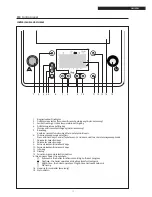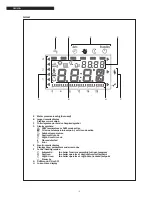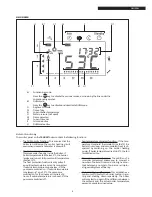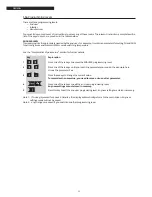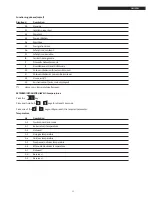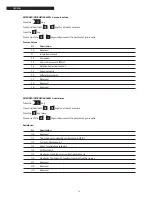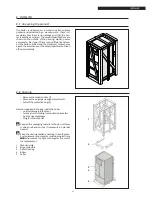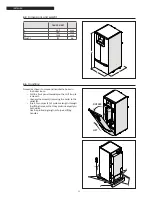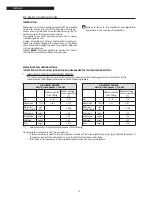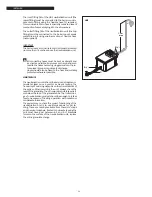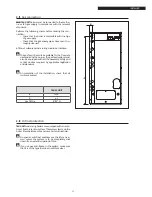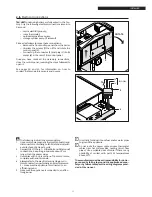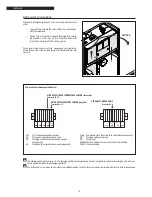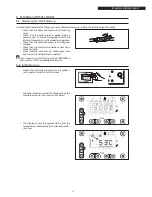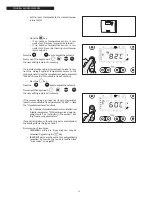
28
INSTALLER
WATER IN CENTRAL HEATING SYSTEMS:
INSTRUCTIONS FOR THE DESIGN, INSTALLATION AND MANAGEMENT OF CENTRAL HEATING SYSTEMS .
1
CHEMICAL AND PHYSICAL CHARACTERISTICS OF WATER
The chemical and physical characteristics of water used in central heating systems must conform to the
requirements of EN 14868 standard and to the following tables:
ALUMINIUM BOILERS
with furnace power < 150 kW
Water used for
first filling
Water with sy-
stem operating
(*)
ph
6-8
7-8
Hardness
°fH
< 10°
< 10°
Electrical
conductivity
μs/
cm
< 200
Chlorides
mg/l
< 25
Sulphides
mg/l
< 25
Nitrides
mg/l
< 25
Iron
mg/l
< 0,5
ALUMINIUM BOILERS
with furnace power > 150 kW
Water used for
first filling
Water with sy-
stem operating
(*)
ph
6-8
7-8
Hardness
°fH
< 5°
< 5°
Electrical
conductivity
μs/
cm
< 150
Chlorides
mg/l
< 15
Sulphides
mg/l
< 15
Nitrides
mg/l
< 15
Iron
mg/l
<0,5
(*)
values for water in system after 8 weeks of functioning
General note on water used to top up systems:
− If softened water is used to top up a system, 8 weeks of functioning after topping up, verify that the water in
the system respects the above limits, in particular for electrical conductivity.
− This check is not necessary if demineralised water is used to top up the system.
2 .7
Water in heating circuits
INTRODUCTION
Water used in central heating systems MUST be suitably
treated to ensure the correct functioning of those sy-
stems and to guarantee an extended working life for
boilers and all other system components.
This applies not only to existing systems but to newly
installed systems too.
Sludge, limescale and other contaminants in water can
cause irreversible damage to boilers even in relatively
short times, and despite the use of top quality materials
in their manufacture.
Contact
R
’s Technical Assistance Service for further
information on water additives and their use.
9
Always conform to the standards and legislation
applicable in the country of installation.




